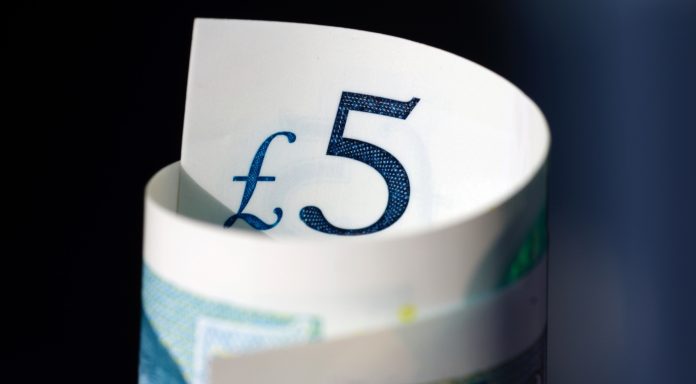The pound euro exchange rate shot higher on Thursday. A combination of ECB inspired euro weakness and Brexit driven pound strength sent the pair to a 20 month high of €1.1606.
| What do these figures mean? |
|---|
| When measuring the value of a pair of currencies, one set equals 1 unit and the other shows the current equivalent. As the market moves, the amount will vary from minute to minute.h If the euro amount increases in this pairing, it’s positive for the pound. Or, if you were looking at it the other way around:1 EUR = 0.87271 GBP In this example, €1 is equivalent to approximately £0.87. This measures the euro’s worth versus the British pound. If the sterling number gets larger, it’s good news for the euro. |
The pound continued to climb higher in the previous session as pressure grew on UK Prime Minister Theresa May to take no deal Brexit off the table. The Chancellor, Philip Hammond is just the latest in a growing list of ministers who say that a no deal Brexit would hit the economy. Pressure intensified further when business leaders ramped up criticism. Airbus, one of the UK’s largest manufacturers, was highly critical, suggesting that Airbus could be forced to relocate in the case of a no deal Brexit.
Jaguar Land Rover has also slammed the idea of a no deal Brexit. Other big names such as Rolls Royce and Ford have joined the chorus. With so much pressure mounting on Theresa May to remove the option of a no deal Brexit, pound traders are starting to think that she may not have any other option. The removal of a no deal Brexit would send the pound higher. This is because a no deal Brexit is considered the most damaging to UK businesses and the UK economy, and therefore the pound.
| Why is a “soft” Brexit better for sterling than a “hard” Brexit? |
|---|
| A soft Brexit implies anything less than UK’s complete withdrawal from the EU. For example, it could mean the UK retains some form of membership to the European Union single market in exchange for some free movement of people, i.e. immigration. This is considered more positive than a “hard” Brexit, which is a full severance from the EU. The reason “soft” is considered more pound-friendly is because the economic impact would be lower. If there is less negative impact on the economy, foreign investors will continue to invest in the UK. As investment requires local currency, this increased demand for the pound then boosts its value. |
ECB Warns Of Risks
The ECB voted to keep monetary policy unchanged, as analysts had widely expected. In the following press conference, Draghi attempted to portray a balanced tone. He was relatively successful. Whilst Draghi warned of weaker economic growth ahead for the bloc, he left the guidance for future interest rates unchanged. That said, his downbeat comments, that risks have moved to the downside have prompted investors to question whether the ECB will actually be able to raise interest rates later this year. Investors are increasingly expecting the ECB to adopt a move cautious tone going forward, like the US Federal Reserve.
| Why do raised interest rates boost a currency’s value? |
|---|
| Interest rates are key to understanding exchange rate movements. Those who have large sums of money to invest want the highest return on their investments. Higher interest rate environments tend to offer higher yields. So, if the interest rate or at least the interest rate expectation of a country is relatively higher compared to another, then it attracts more foreign capital investment. Large corporations and investors need local currency to invest. More local currency used then boosts the demand of that currency, pushing the value higher. |
Today German business climate expectations will be under the spotlight. Yesterdays data showed that the German manufacturing sector had slipped into contraction. Earlier in the week data showed consumer confidence remains very low. More weak data from Germany, Europe’s largest economy will only fuel concerns of an economic slowdown further.
This publication is provided for general information purposes only and is not intended to cover every aspect of the topics with which it deals. It is not intended to amount to advice on which you should rely. You must obtain professional or specialist advice before taking, or refraining from, any action on the basis of the content in this publication. The information in this publication does not constitute legal, tax or other professional advice from TransferWise Inc., Currency Live or its affiliates. Prior results do not guarantee a similar outcome. We make no representations, warranties or guarantees, whether express or implied, that the content in the publication is accurate, complete or up to date. Consult our risk warning page for more details.
This article was initially published on TransferWise.com from the same author. The content at Currency Live is the sole opinion of the authors and in no way reflects the views of TransferWise Inc.





